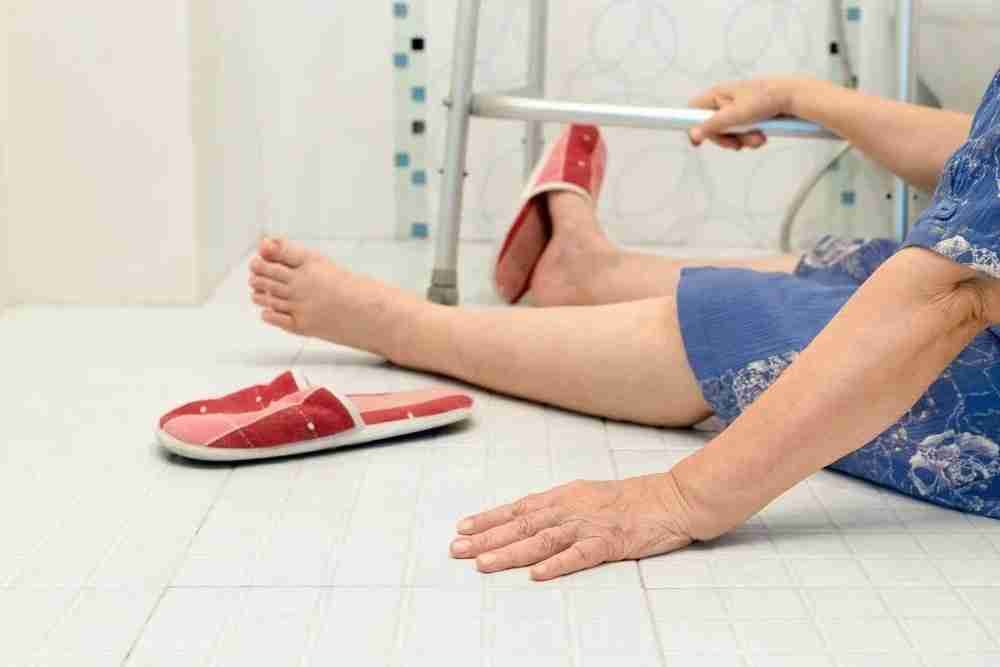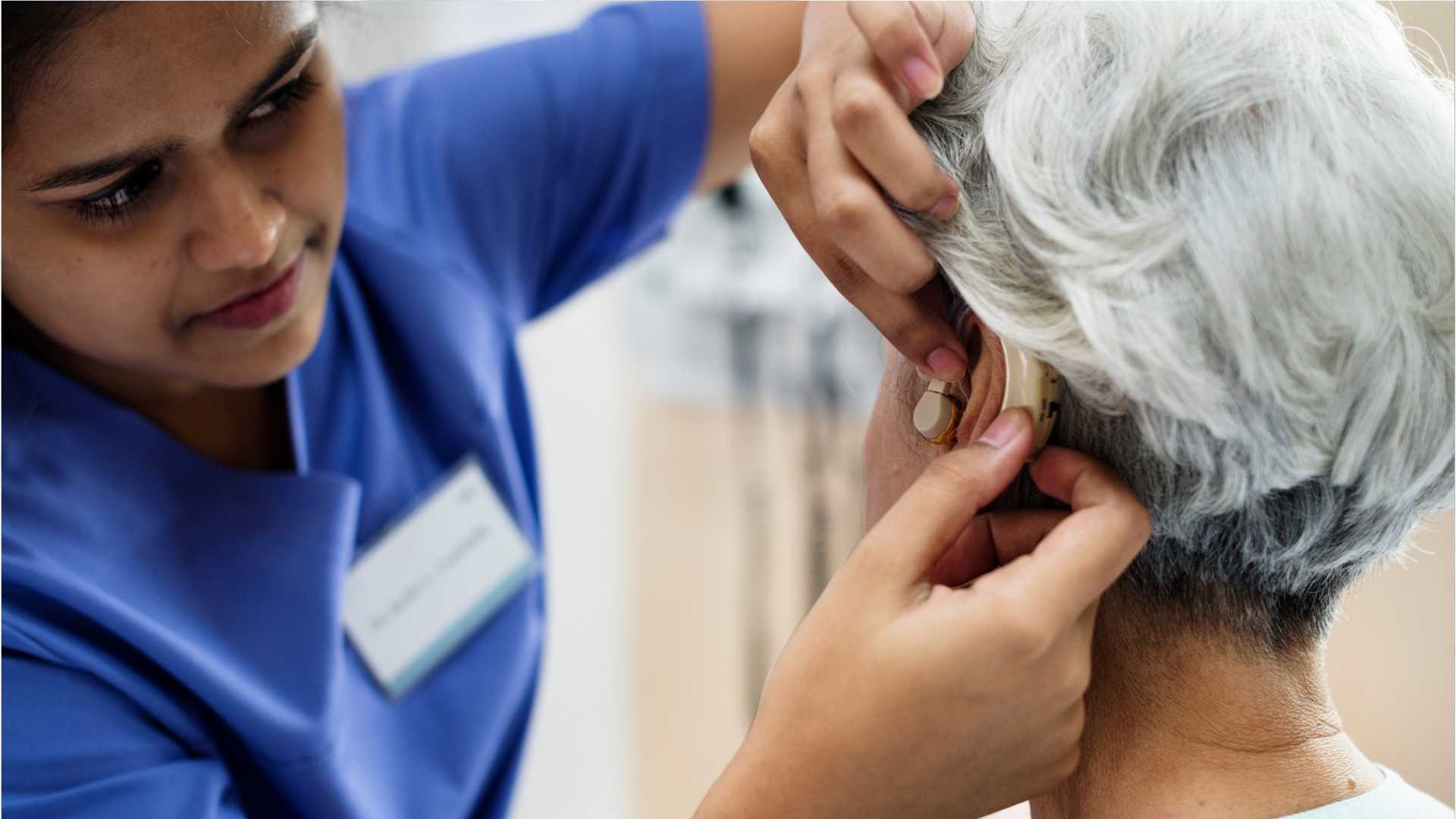Managing Multiple Medications in Older Adults
Many physiological changes are associated with aging, which can also be impacted by how medications are administered to older adults.
As we age, our body loses its ability to retain water, and muscle mass also starts to reduce. The body starts to retain more fat, and hepatic metabolism becomes slow with time.
The liver, which is in charge of processing and breaking down the medications administered, starts to lose its capabilities; the kidney, in charge of drug excretion, starts to slow down due to slowed renal excretion functions. All these slowed metabolic actions can impact the effectiveness of medications.
At the same time, as people age, the likelihood of taking multiple medications increases, making it a significant challenge for older adults to manage their medications effectively. The intake of more than five medications is known as polypharmacy. With the average older adult taking more than 5-7 prescription medications daily, the risk of adverse interactions, medication errors, and non-adherence to treatment plans grows. Taking non-prescribed Ayurvedic, herbal, and other types of drugs can also impact the overall medical diagnosis. This complexity can have severe consequences, including decreased quality of life, increased healthcare costs, and even hospitalization.
Dr. Naganath Narasimhan Prem, the Chief Consultant Geriatric Medicine and Elderly Care Specialist from the Department of Geriatric Medicine at Mumbai’s Jaslok Hospital, shared his tips on managing different medications.
- Keep the medication list short. Try to use daily medication only once a day; this will ensure that you can recall the dosage well. Consult with your doctor regularly.
- Use a pillbox to store your medication properly. Review the medication regularly to check for expiry dates. Keep a list of all the medications you take and what each of them is for, and keep it in an accessible place.
- Keep a list of all the medications and other non-prescribed creams and lotions you use in an easy list.
- Read all the prescriptions and labels carefully to properly see the instructions on how to take the medication, what it should be taken with, and the side effects.
- Ask what side effects your medications can cause; if you have a bad reaction to a medication, or if the medication is not working, please visit your doctor.
- Please avoid over-the-counter medications without consulting your doctor and having the right prescribed doses.
- Make sure to understand the labels and directions; ask for help if they are unclear; take help if opening medicine bottles and pouring medications is tough.
- If a tablet is hard to swallow, you can grind and crush it and even dissolve it in water; many medications also come in chewable form.
- Swelling of the feet, nausea, and drowsiness are common symptoms of most high-dose medications. In case the medications are causing issues with your bowel movement, body pain, physical fatigue, or any pain, consult your caregiver and doctor.
- If you miss one dose of medication, taking it at another time of the day is fine. However, it is unhealthy to miss medications for more than 2-3 days, and in those cases, consider consulting your doctor.
- While taking more than five medicines, take each medication slowly, with at least a minute between each, to allow for the digestion process to occur effectively.
- Never take a medicine, increase or decrease the dosage, and stop medication, without informing your doctor, family, or caregiver.
Tips for Caregivers
As a caregiver, it is important to be efficient, calm, and organized, to help maintain the health and medication management of the person you are caring for. Here are some tips to help manage this:
- Always choose fruits and vegetables, to be eaten before supplements and medications.
- Get frequent doctor checkups and visitations done.
- Mental well-being for yourself is very important; consult the right mental health services when needed.
- Keep in constant touch with the family doctor or a geriatric doctor.
- Download a Pill Reminder app that allows you to customize the medications and manage a calendar of reminders.
- Maintain a medical diary to track the intake of medications.
A combination of all the above processes, along with frequent checks with your doctor, as well as adequate tracking, can help you manage medications better.
Many physiological changes are associated with aging, which can also be impacted by how medications are administered to older adults.
As we age, our body loses its ability to retain water, and muscle mass also starts to reduce. The body starts to retain more fat, and hepatic metabolism becomes slow with time.
The liver, which is in charge of processing and breaking down the medications administered, starts to lose its capabilities; the kidney, in charge of drug excretion, starts to slow down due to slowed renal excretion functions. All these slowed metabolic actions can impact the effectiveness of medications.

At the same time, as people age, the likelihood of taking multiple medications increases, making it a significant challenge for older adults to manage their medications effectively. The intake of more than five medications is known as polypharmacy. With the average older adult taking more than 5-7 prescription medications daily, the risk of adverse interactions, medication errors, and non-adherence to treatment plans grows. Taking non-prescribed Ayurvedic, herbal, and other types of drugs can also impact the overall medical diagnosis. This complexity can have severe consequences, including decreased quality of life, increased healthcare costs, and even hospitalization.
Dr. Naganath Narasimhan Prem, the Chief Consultant Geriatric Medicine and Elderly Care Specialist from the Department of Geriatric Medicine at Mumbai’s Jaslok Hospital, shared his tips on managing different medications.
- Keep the medication list short. Try to use daily medication only once a day; this will ensure that you can recall the dosage well. Consult with your doctor regularly.
- Use a pillbox to store your medication properly. Review the medication regularly to check for expiry dates. Keep a list of all the medications you take and what each of them is for, and keep it in an accessible place.
- Keep a list of all the medications and other non-prescribed creams and lotions you use in an easy list.
- Read all the prescriptions and labels carefully to properly see the instructions on how to take the medication, what it should be taken with, and the side effects.
- Ask what side effects your medications can cause; if you have a bad reaction to a medication, or if the medication is not working, please visit your doctor.
- Please avoid over-the-counter medications without consulting your doctor and having the right prescribed doses.
- Make sure to understand the labels and directions; ask for help if they are unclear; take help if opening medicine bottles and pouring medications is tough.
- If a tablet is hard to swallow, you can grind and crush it and even dissolve it in water; many medications also come in chewable form.
- Swelling of the feet, nausea, and drowsiness are common symptoms of most high-dose medications. In case the medications are causing issues with your bowel movement, body pain, physical fatigue, or any pain, consult your caregiver and doctor.
- If you miss one dose of medication, taking it at another time of the day is fine. However, it is unhealthy to miss medications for more than 2-3 days, and in those cases, consider consulting your doctor.
- While taking more than five medicines, take each medication slowly, with at least a minute between each, to allow for the digestion process to occur effectively.
- Never take a medicine, increase or decrease the dosage, and stop medication, without informing your doctor, family, or caregiver.

Tips for Caregivers
As a caregiver, it is important to be efficient, calm, and organized, to help maintain the health and medication management of the person you are caring for. Here are some tips to help manage this:
- Always choose fruits and vegetables, to be eaten before supplements and medications.
- Get frequent doctor checkups and visitations done.
- Mental well-being for yourself is very important; consult the right mental health services when needed.
- Keep in constant touch with the family doctor or a geriatric doctor.
- Download a Pill Reminder app that allows you to customize the medications and manage a calendar of reminders.
- Maintain a medical diary to track the intake of medications.
Comments
You may like to read:






Post a comment